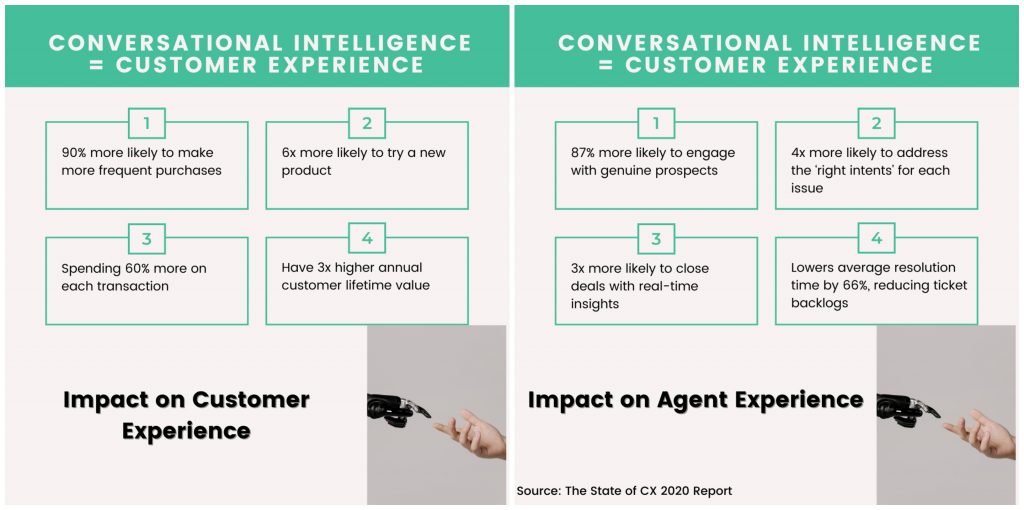The software development landscape is evolving rapidly, demanding unprecedented levels of speed, quality, and efficiency. To keep pace, organizations are turning to platform engineering. This innovative approach empowers development teams by providing a self-service platform that automates and streamlines infrastructure provisioning, deployment pipelines, and security. By bridging the gap between development and operations, platform engineering fosters standardization, and collaboration, accelerates time-to-market, and ensures the delivery of secure and high-quality software products. Let’s dive into how platform engineering can revolutionize your software delivery lifecycle.
The rise of DevOps marked a significant shift in software development, bringing together development and operations teams for faster and more reliable deployments. As the complexity of applications and infrastructure grew, DevOps teams often found themselves overwhelmed with managing both code and infrastructure.
Platform engineering offers a solution by creating a dedicated team focused on building and maintaining a self-service platform for application development. By standardizing tools and processes, it reduces cognitive overload, improves efficiency, and accelerates time-to-market.
Platform engineers are the architects of the developer experience. They curate a set of tools and best practices, such as Kubernetes, Jenkins, Terraform, and cloud platforms, to create a self-service environment. This empowers developers to innovate while ensuring adherence to security and compliance standards.
Role of DevOps and Cloud Engineers
Platform engineering reshapes the traditional development landscape. While platform teams focus on building and managing self-service infrastructure, application teams handle the development of software. To bridge this gap and optimize workflows, DevOps engineers become essential on both sides.
Platform and cloud engineering are distinct but complementary disciplines. Cloud engineers are the architects of cloud infrastructure, managing services, migrations, and cost optimization. On the other hand, platform engineers build upon this foundation, crafting internal developer platforms that abstract away cloud complexity.
Let’s dissect the core features that make platform engineering a game-changer for software development:
An internal developer platform (IDP) is a one-stop shop for developers. This platform provides a user-friendly interface that abstracts away the complexities of the underlying infrastructure. Developers can focus on their core strength – building great applications – instead of wrestling with arcane tools.
But it gets better. Platform engineering empowers teams through self-service capabilities.This not only reduces dependency on other teams but also accelerates workflows and boosts overall developer productivity.
Collaboration and Standardization
Close collaboration with application teams helps identify bottlenecks and smooth integration and fosters a trust-based environment where communication flows freely.
Standardization takes center stage here. Equipping teams with a consistent set of tools for automation, deployment, and secret management ensures consistency and security.
Identifying the Current State
Before building a platform, it’s crucial to understand the existing technology landscape used by product teams. This involves performing a thorough audit of the tools currently in use, analyzing how teams leverage them, and identifying gaps where new solutions are needed. This ensures the platform we build addresses real-world needs effectively.
Security
Platform engineering prioritizes security by implementing mechanisms for managing secrets such as encrypted storage solutions. The platform adheres to industry best practices, including regular security audits, continuous vulnerability monitoring, and enforcing strict access controls. This relentless vigilance ensures all tools and processes are secure and compliant.
Platform engineering is all about streamlining and automating critical processes to empower your development teams. But how exactly does it achieve this? Let’s explore the essential tools that platform engineers rely on:
Building Automation Powerhouses:
Infrastructure as Code (IaC):
Tools like Terraform and Ansible are the popular choices for IaC. They automate infrastructure provisioning and configuration, eliminating manual errors and enabling consistent, repeatable deployments.
CI/CD Pipelines:
Tools like Jenkins and GitLab CI/CD are essential for automating testing and deployment processes, ensuring applications are built, tested, and delivered with speed and reliability.
Maintaining Observability:
Monitoring and Alerting:
Prometheus and Grafana is a powerful duo that provides comprehensive monitoring capabilities. Prometheus scrapes applications for valuable metrics, while Grafana transforms this data into easy-to-understand visualizations for troubleshooting and performance analysis.
All-in-one Monitoring Solutions:
Tools like New Relic and Datadog offer a broader feature set, including application performance monitoring (APM), log management, and real-time analytics. These platforms help teams to identify and resolve issues before they impact users proactively.
Container Orchestration:
Kubernetes orchestrates and manages container deployments, guaranteeing high availability and seamless scaling for your applications.
Log Management and Analysis:
The ELK Stack (Elasticsearch, Logstash, Kibana) is the go-to tool for log aggregation and analysis. It provides valuable insights into system behavior and performance, allowing teams to maintain consistent and reliable operations.
Managing Infrastructure
Secret Management:
HashiCorp Vault protects secretes, centralizes, and manages sensitive data like passwords and API keys, ensuring security and compliance within your infrastructure.
Cloud Resource Management:
Tools like AWS CloudFormation and Azure Resource Manager streamline cloud deployments. They automate the creation and management of cloud resources, keeping your infrastructure scalable, secure, and easy to manage. These tools collectively ensure that platform engineering can handle automation scripts, monitor applications, maintain site reliability, and manage infrastructure smoothly.
The Future is AI-Powered:
The platform engineering landscape is constantly evolving, and AI is rapidly transforming how we build and manage software delivery pipelines. The tools like Terraform, Kubecost, Jenkins X, and New Relic AI facilitate AI capabilities like:
- Enhance security
- Predict infrastructure requirements
- Optimize resource security
- Predictive maintenance
- Optimize monitoring process and cost
Conclusion
Platform engineering is becoming the cornerstone of modern software development. Gartner estimates that by 2026, 80% of development companies will have internal platform services and teams to improve development efficiency. This surge underscores the critical role platform engineering plays in accelerating software delivery and gaining a competitive edge.
With a strong foundation in platform engineering, organizations can achieve greater agility, scalability, and efficiency in the ever-changing software landscape. Are you ready to embark on your platform engineering journey?
Building a robust platform requires careful planning, collaboration, and a deep understanding of your team’s needs. At Mantra Labs, we can help you accelerate your software delivery. Connect with us to know more.











